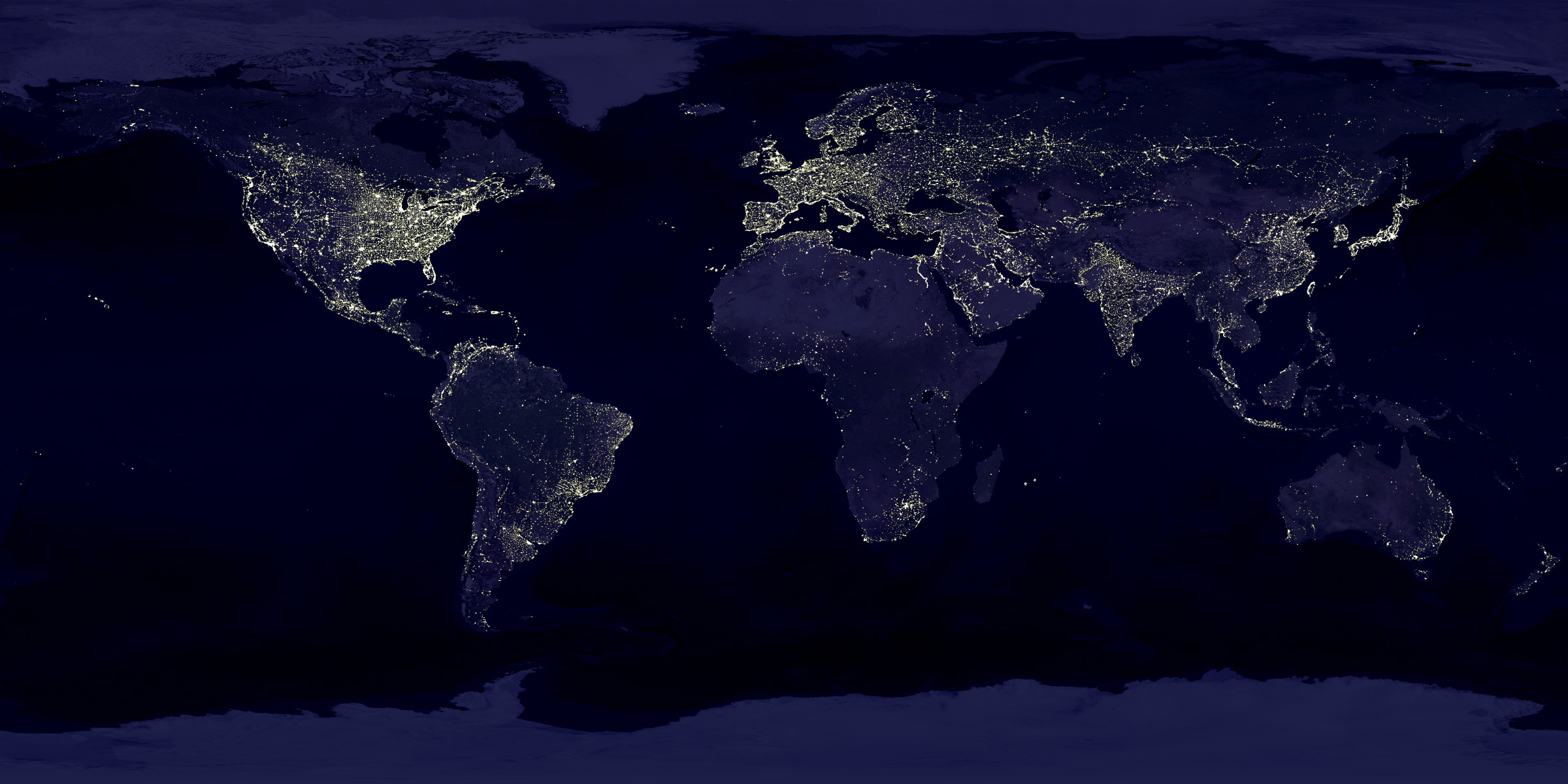Market Fears Persist After Wall Street’s Worst Drop in 2 Years

Stocks dropped again on Tuesday, and bond yields tumbled, as the spreading coronavirus rattled investors concerned that it could hamper global growth.
The outbreak, now in its sixth week, has upended expectations that 2020 would be a rebuilding year for the global economy after the disruptions of the trade war between China and the United States.
American markets had shrugged off the outbreak, but the virus’s spread outside China has led to a growing fear among investors that the damage could be significant.
In recent days, yields on long-term Treasury bonds have collapsed, a sign that investors expect growth to slow.
Stocks have fallen, too: Monday was the worst day for American markets in more than two years, with the S&P 500 falling 3.4 percent after officials in Italy and South Korea reported new infections.
On Tuesday, the tumble continued. The S&P 500 was down about 1 percent before noon, while the yield on the 10-year Treasury note fell to 1.33 percent, on track for a record low.
Tuesday’s losses were led by energy companies, which fell more than 2 percent. The price of a barrel of benchmark American crude oil dropped more than 1 percent, to less than $51. Oil prices have dropped about 17 percent this year, as investors have anticipated the weekslong immobilization of China’s economy — the world’s second largest.
China consumes more crude and commodities than any other country. Prices of those commodities have also fallen, dragging down the share prices of mining, chemical and fertilizer companies. On Tuesday, the S&P 500’s materials sector was the second-worst performing part of the market, falling 1.5 percent.
Investors could face more wild rides as the coronavirus outbreak spreads further, crimping consumer demand and snarling the world’s supply chains.
“The emergence of a large number of new cases in Italy has materially increased the risk of a sharp drop in consumer and business confidence in Europe, and potentially North America too if more cases are confirmed there in the coming days,” Mark Haefele, the chief investment officer at UBS’s global wealth management operations, said in an investment report.
President Trump, traveling in New Delhi on Tuesday, joked with business leaders that their investments in the United States had made them a lot of money “except for yesterday,” noting the market drop, according to a pool report. Mentioning the coronavirus outbreak, he said, “We think we’re in very good shape in the United States.”
Officials at the Federal Reserve and within the Trump administration are watching the coronavirus situation closely, although the central bank’s main tool for stoking growth — lowering interest rates — might not help much if factories are not producing goods and supply chains are disrupted by quarantines.
The growing outbreaks of the virus in Europe, Asia and the Middle East have stoked fears that its spread will be difficult to contain, and market analysts in recent days have issued new warnings that the outbreak could drag down economies around the globe.
Economists at JPMorgan Chase wrote that they expected global growth to slow to a 1 percent annual pace in the first three months of the year, which would be the weakest quarter of the economic expansion that is now more than a decade long. In the United States, the general estimate for first-quarter domestic growth has slipped.
Markets around the globe have been affected this week.
Germany’s DAX and Britain’s FTSE 100 each fell more than 1 percent on Tuesday, a day after European markets had their worst drop since 2016.
Shares also fell in most markets in Asia, led by Japan, which was closed for a holiday on Monday. The Nikkei 225 index tumbled more than 3.3 percent on Tuesday, although most other Asian markets fell at a much slower pace.
South Korea, which is facing the world’s second-largest outbreak of the virus outside China, was the bright spot: Share prices rebounded on Tuesday morning after enduring one of the sharpest drops of any large market around the world the day before. They ended up 1.2 percent.
Stock markets in commodity-exporting countries continued to suffer losses as traders worry that demand for their goods may decline if more countries suffer the kind of bruising deceleration in economic activity that China has endured. Australia’s stock market fell 1.6 percent on Tuesday.
Jeanna Smialek contributed reporting.























